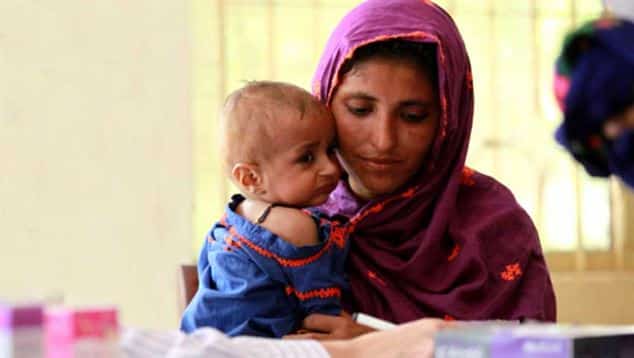QUETTA: The Balochistan government has decided to expand community midwife services to the grassroots level across the province in an effort to reduce maternal and infant mortality and ensure access to essential healthcare in remote areas.
Officials said the initiative will deliver maternal and newborn health services directly to people’s doorsteps, particularly in underserved rural communities where skilled healthcare remains scarce.
Health Minister Sarfraz Bugti recently acknowledged the shortage of trained female health workers and announced that the government will recruit additional midwives, establish new training institutions, and provide modern equipment to support their duties in far-flung districts.
According to official figures, about 1,255 midwives currently serve in government hospitals across Balochistan, while 295 more are undergoing training in 16 midwifery schools. Yet, access to skilled care remains critically low, with only 31% of women reporting antenatal care from a trained provider, according to the Pakistan Demographic and Health Survey.
The province also faces one of the country’s highest maternal mortality rates, with estimates of nearly 298 deaths per 100,000 live births. Around 80% of births still take place at home, often without skilled attendants.
To address these challenges, the People’s Primary Healthcare Initiative (PPHI) has already set up 39 BHU-Plus facilities operating 24/7 as Basic Emergency Obstetric and Newborn Care centres. These centres provide antenatal and postnatal care, family planning, immunization, ultrasound, women-specific medicines, and ambulance services.
Officials said the government now intends to link these efforts with an expanded network of community midwives who can operate at the village level, ensuring timely care for mothers and infants.
“Balochistan’s mothers and children deserve access to safe, skilled, and affordable healthcare at their doorsteps. This initiative will help close the gap in rural areas,” the health minister said.





